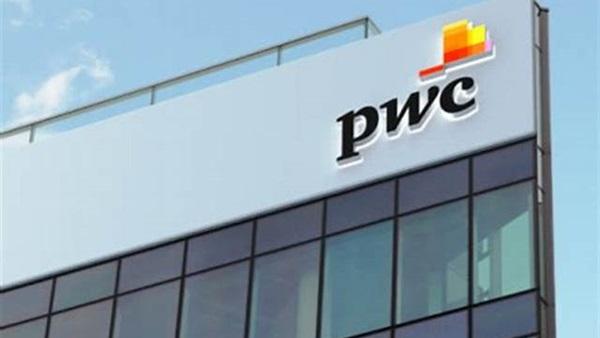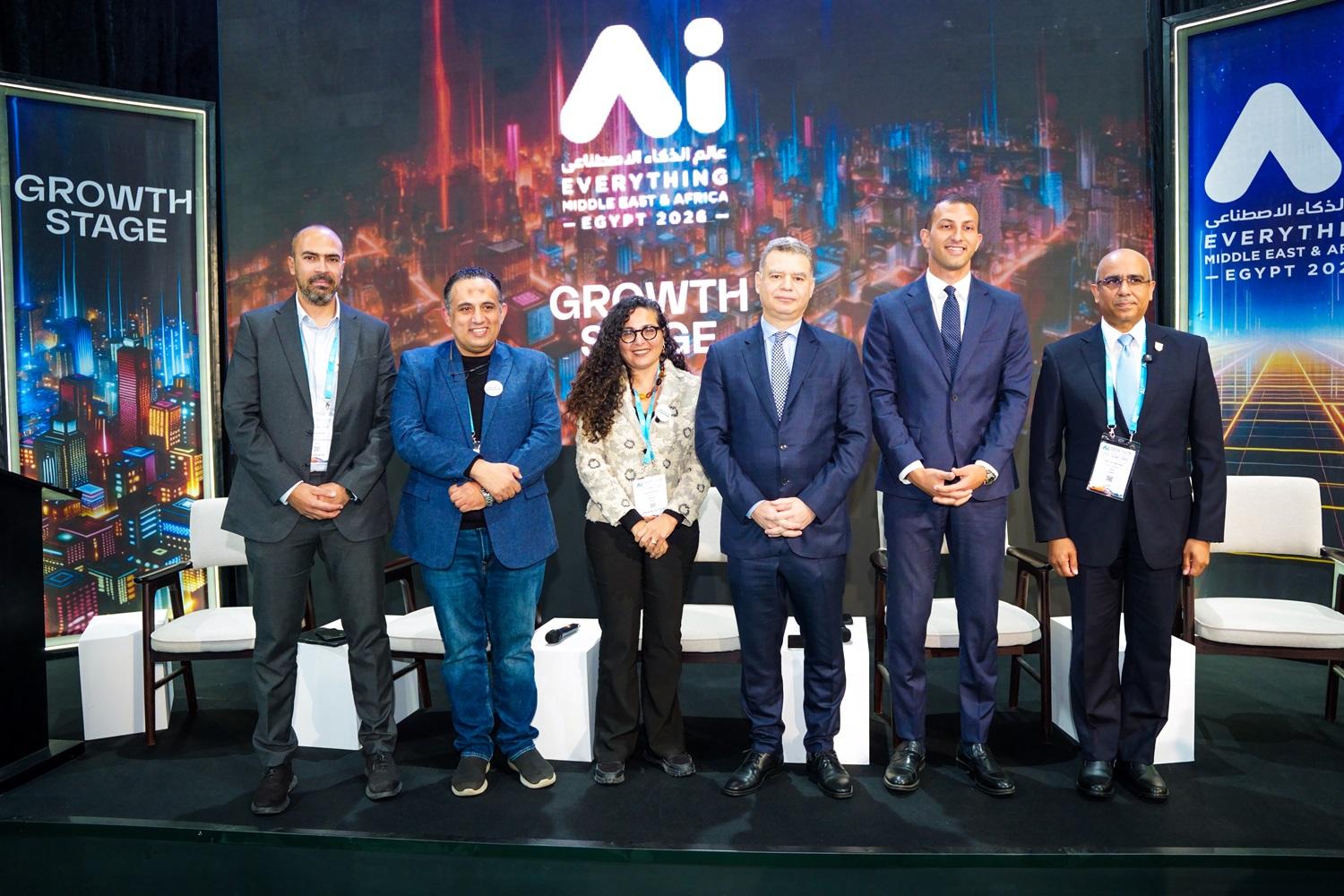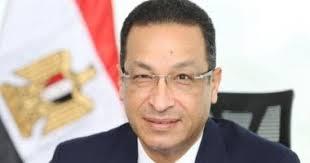- The region's economy is recovering relatively well, but is slower than the global average
- Hard hit sectors like tourism and aviation remain under strain, while real estate recovery is accelerating
- GCC government’s may be compelled to change their non-oil revenue raising strategies by the move towards a global minimum corporate tax regime
By : Ahmed Helmy
With the pandemic continuing to challenge different economic sectors across the region, the latest edition of the PwC Middle East Economy Watch points to signs of building momentum in the recovery despite a third COVID-19 wave this spring.
After 2020’s rapid recession, the region is recovering relatively well
The pandemic caused the world's worst global recession since the second world war, with deep contractions across the region. This was partly because of sharp cuts in oil production as lockdowns caused demand to drop substantially. Even the non-oil sectors such as travel, tourism, real estate, retail, wholesale trade and manufacturing contracted by considerably more than the global average, due to the various lockdown measures across the region and the decline of global demand.
The region witnessed another wave of COVID-19 this spring. Nevertheless, there were signs of solid economic recoveries underway during this period. Saudi Arabia is the first economy to release data showing a very strong rebound in non-oil GDP. Also, other indicators have shown a recovery in consumption across the region.
The Middle East’s economic recovery may be slower than the global average
Global recovery is shaping up to be even stronger than anticipated earlier in the year, and is now expected to reach pre-pandemic output levels by this autumn. Meanwhile, the slower regional growth is partly because OPEC+ is only tapering its cuts gradually and so, the oil sector growth is seen as lagging the non-oil rebound.
Forecasts for the region expect a return to pre-COVID levels of output around the middle of 2022 and some GCC countries, such as Iraq and UAE, will not get there until 2023. However, oil demand has been beating expectations, causing a surge in prices, meaning that OPEC+ might increase production quotas earlier than initially anticipated which, if implemented, should accelerate the return to pre-Covid levels of economic activity.
Tourism and aviation, are still under strain while real estate is recovering in some states
Some vulnerable sectors such as tourism and aviation suffered severely due to the lockdown measures. The World Travel and Tourism Council estimates that the sector’s overall contribution to global GDP nearly halved in 2020. Due to travel bans, In Lebanon, the visitors' numbers fell to nearly zero making the sector contracted by four-fifths in 2020. Other countries such as Saudi Arabia, Qatar, Kuwait and Libya witnessed proportionally a smaller decline.
Aside from tourism, GCC countries, particularly the UAE and Qatar, were significantly affected by the collapse in global aviation. Emirates airlines showed a major decline in passenger numbers, resulting in a $5.5bn loss. While Qatar Airways retained the largest network of any airline during the pandemic, only reducing its weekly flights by just over a half.
Meanwhile in the real estate sector, lockdowns also made the process of trading property more difficult due to oversupply with weaker demand across the GCC. However, Dubai has been posting a steady rebound this year and Qatar is starting to recover by seeing an uptick in March. Due to their upcoming events, Expo in Dubai starting in October and the World Cup a year later in Qatar, the chances of boosting the real estate sector are highly promising. Also, in Saudi Arabia, real estate was one of the strongest sectors during Q1 and in Kuwait, real estate has spotted significant growth due to approving a draft law for residential mortgages.
Richard Boxshall, Partner, Chief Economist at PwC Middle East added: “It’s been over a year since the start of the pandemic, and the “return to normal” always seems to be just a few months away, but keeps receding. However, leading economic indicators now provide a good reason to think that the destination will soon be reached.
He added: “Saudi Arabian residents are now shopping more frequently than in February 2020. Also, real estate prices in Dubai are seeing the most sustained increases since 2014 which is considered one of the benchmarks of regional confidence. And the purchasing managers indices, reflecting private sector activity, in the GCC have all signalled expansion this year.”
Potential reforms to global corporate tax policy may present new challenges
While the GCC is still recovering from the pandemic contractions, the region might face other challenges in the future due to the OECD/G20’s Inclusive Framework on BEPS to reform the global corporate tax policy. This could have implications on the GCC countries, which have among the lowest corporate tax rates globally.
Richard Boxshall ends: “The impact of new rules on the GCC will depend very much on the details agreed. If they remain limited to the largest multinationals, few changes may be needed. In fact, a limited policy could fit with efforts to boost non-oil revenue in the region.”













































































